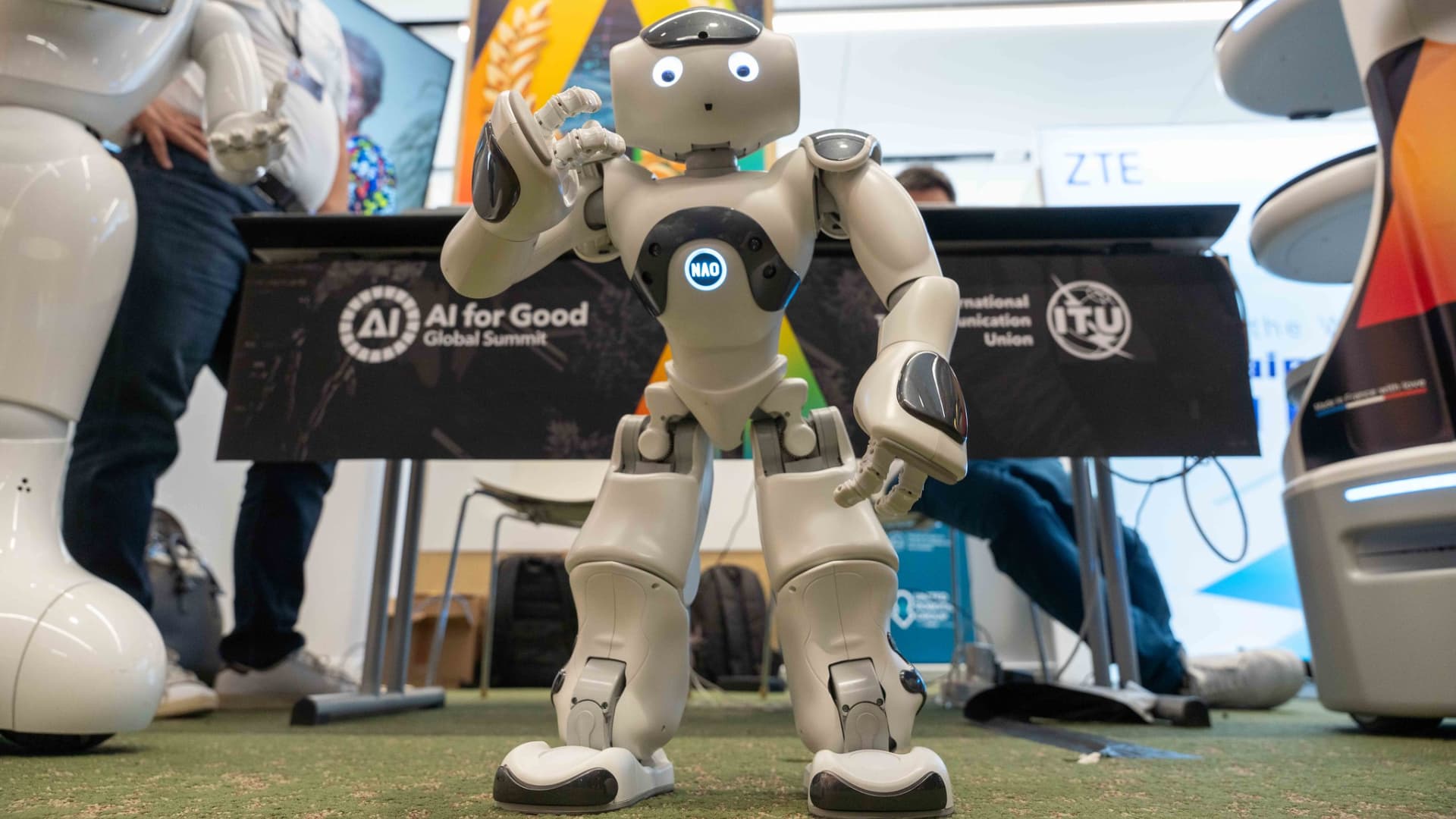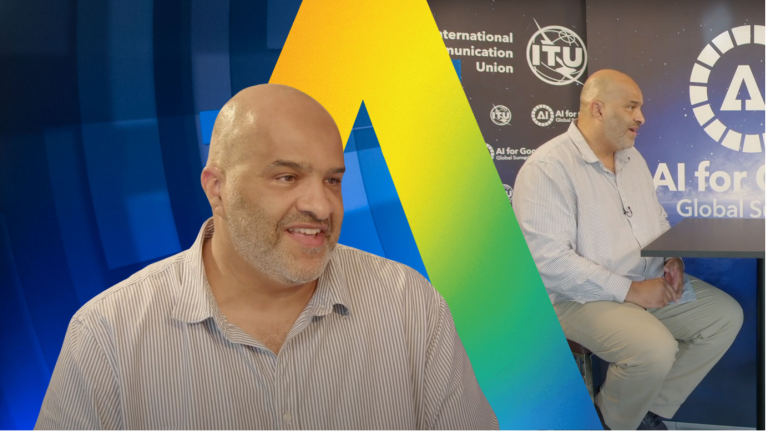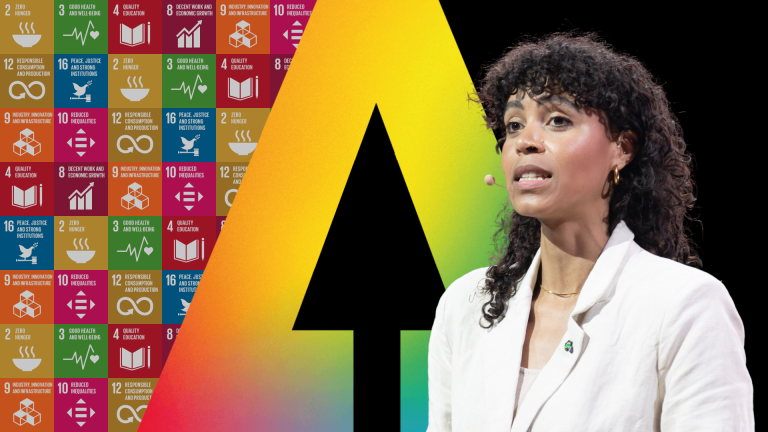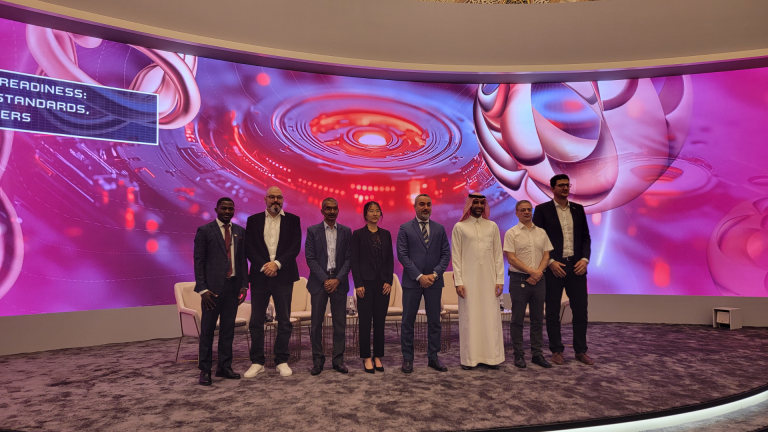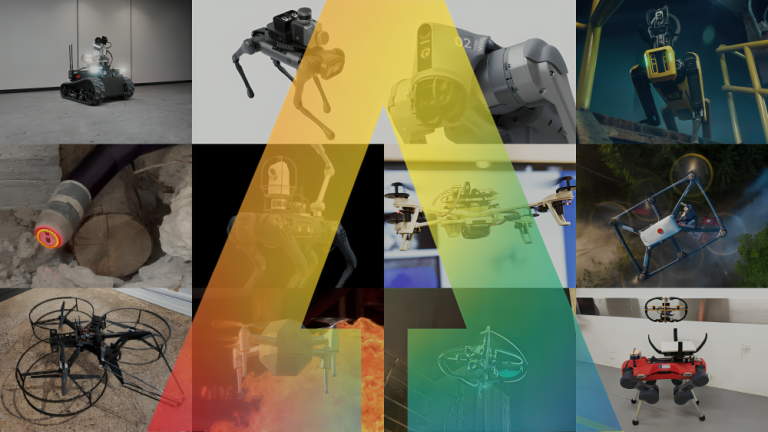Harnessing AI for Global Advancement: The ITU’s Role in Driving Positive Change
By connecting AI visionaries with key players from the public and private sectors, AI for Good champions the mission of the International Telecommunication Union (ITU) to foster transformative collaborations on a global scale.
In this upcoming edition of our Global Summit, we will once again spotlight AI’s contribution to pressing matters such as food security, climate change, road safety, and healthcare. Attendees can participate either in person in Geneva, Switzerland, or virtually from anywhere in the world.
On 29 May, right before the Global Summit, we invite dialogue around global AI governance. These discussions will delve into potential frameworks and guidelines to ensure that AI development remains safe and responsible.
Notably, the 2024 summit coincides with the World Summit on the Information Society (WSIS) +20, also happening in Geneva, creating an engaging environment for diverse perspectives on digital advancements.
The challenges associated with AI extend beyond the scope of any single discipline or organization; however, inclusive conversations will empower everyone—including the ITU—with valuable insights to guide our future actions.
New Partnerships for Global Action
In light of these significant developments, the ITU is actively promoting partnerships to ensure that AI develops as a positive force while mitigating potential risks. Building bridges across various sectors remains crucial.
Everyone contributes to shaping the future we envision. AI for Good equips stakeholders with the essential tools to forge impactful alliances.
New collaborations among AI experts, end-users, data custodians, and specialists from different sectors illustrate the potential of AI to drive sustainable development.
The influence of AI is rapidly growing in key areas such as health, agriculture, and disaster response, as evidenced by ITU’s ongoing standardization projects in these domains.
AI-Related Standards Development
AI and machine learning are becoming indispensable for network management, multimedia encoding, service quality assessment, and promoting environmental sustainability.
A robust set of ITU standards serves as the foundational toolkit for integrating machine learning into 5G and future networks.
Our guidelines for energy efficiency outline how big data and AI can optimize energy use for telecom sites and data centers while emphasizing the significance of utilizing renewable and low-carbon energy sources. These standards also advocate for innovative cooling techniques and best practices for environmentally friendly data centers.
Moreover, AI is pivotal in our new international standard for an “automated-driving safety data protocol,” ensuring ongoing monitoring of self-driving vehicles to guarantee their safe operation.
Matching Complementary Expertise
Our commitment to globalizing AI access inclines us to pay attention to the needs of developing nations.
In collaboration with the UN Food and Agriculture Organization (FAO), we aim to create new international standards for AI and the Internet of Things that will enhance precision and sustainability in agriculture.
Through partnerships with the World Meteorological Organization (WMO) and the UN Environment Programme (UNEP), we are establishing international standards for AI to refine disaster management strategies.
Additionally, with the World Health Organization (WHO) and the World Intellectual Property Organization (WIPO), we are working to enhance AI-driven healthcare accessibility for all communities.
Our new Global Initiative on AI for Health, in collaboration with WHO and WIPO, builds upon the achievements of the ITU-WHO Focus Group on AI for Health, offering practical insights into AI applications in healthcare, addressing governance, ethics, regulations, and data integrity challenges.
This guidance serves as a valuable resource for regulators and AI developers navigating the complexities of certifying AI health solutions.
Our open-source program, designed as a digital public asset, encourages expert collaboration in creating and evaluating pioneering AI health solutions, showcasing our guidance in action.
Nevertheless, we acknowledge the ongoing need for enhanced support for low- and middle-income countries to ensure that AI health solutions effectively reach underserved communities.
Competitions Culminating at COP28
Our AI/ML Solutions for Climate Change Challenge, concluding on 2 December at the UN climate conference (COP28), underscores our dedication to global AI innovation. This initiative is supported by the International Atomic Energy Agency (IAEA), the UN Educational, Scientific and Cultural Organization (UNESCO), and the World Bank, along with FAO and ITU, providing a platform for AI developers and innovators to enhance their skills, gain international recognition, and attract investments.
The AI for Good Global Summit, organized by the ITU in collaboration with 40 UN agencies and co-hosted by the Government of Switzerland, stands as the UN’s primary venue for sharing insights on AI.
The 2024 Summit promises thought-provoking discussions led by distinguished experts, performances from AI-inspired artists, exhibitions of cutting-edge AI and robotics technologies, and demonstrations of advanced brain-machine interfaces. This will be preceded by Machine Learning Workshops from 27-29 May.
Registration is now open. Signing up for either the AI for Good Global Summit or the WSIS Forum grants access to both events.
The original version of this article first appeared on ITU Hub here.
AI for Good | Environment & Climate change | Global Summit | Health | Inclusivity | Innovation & Creativity
Share This Post
